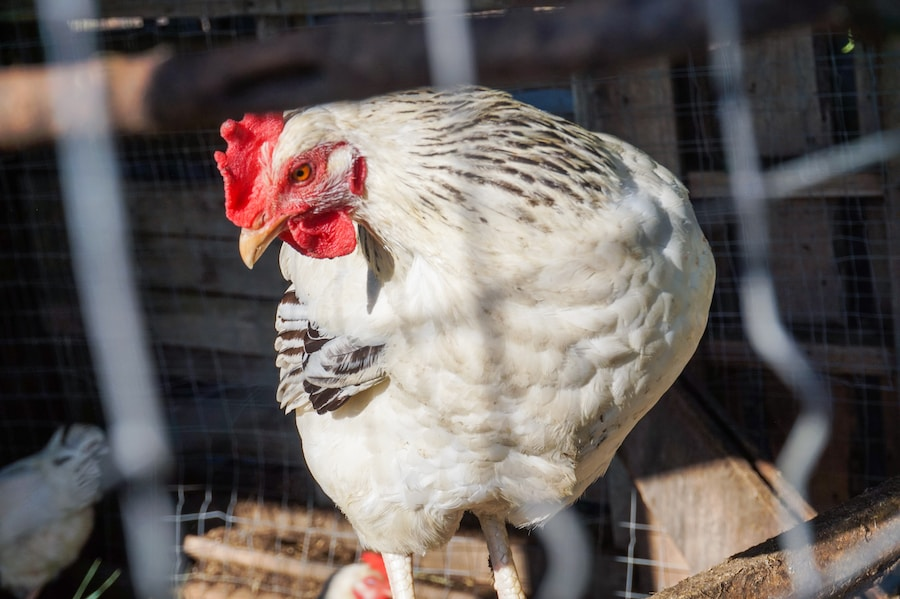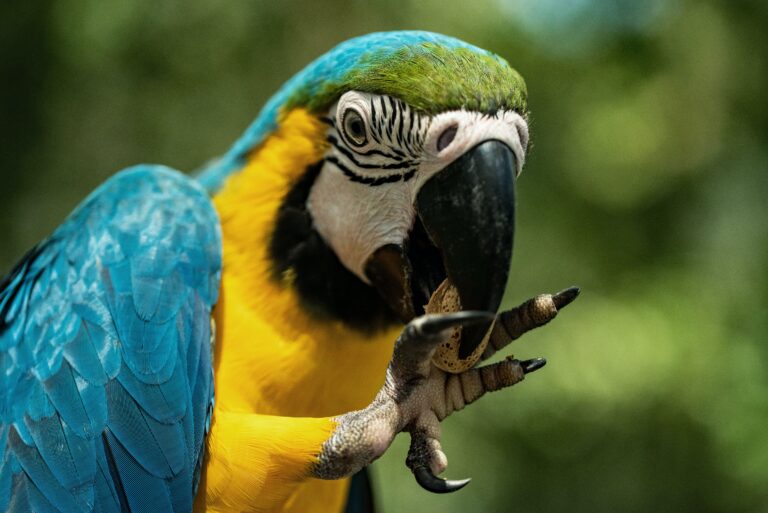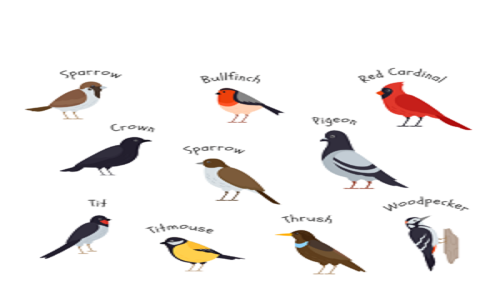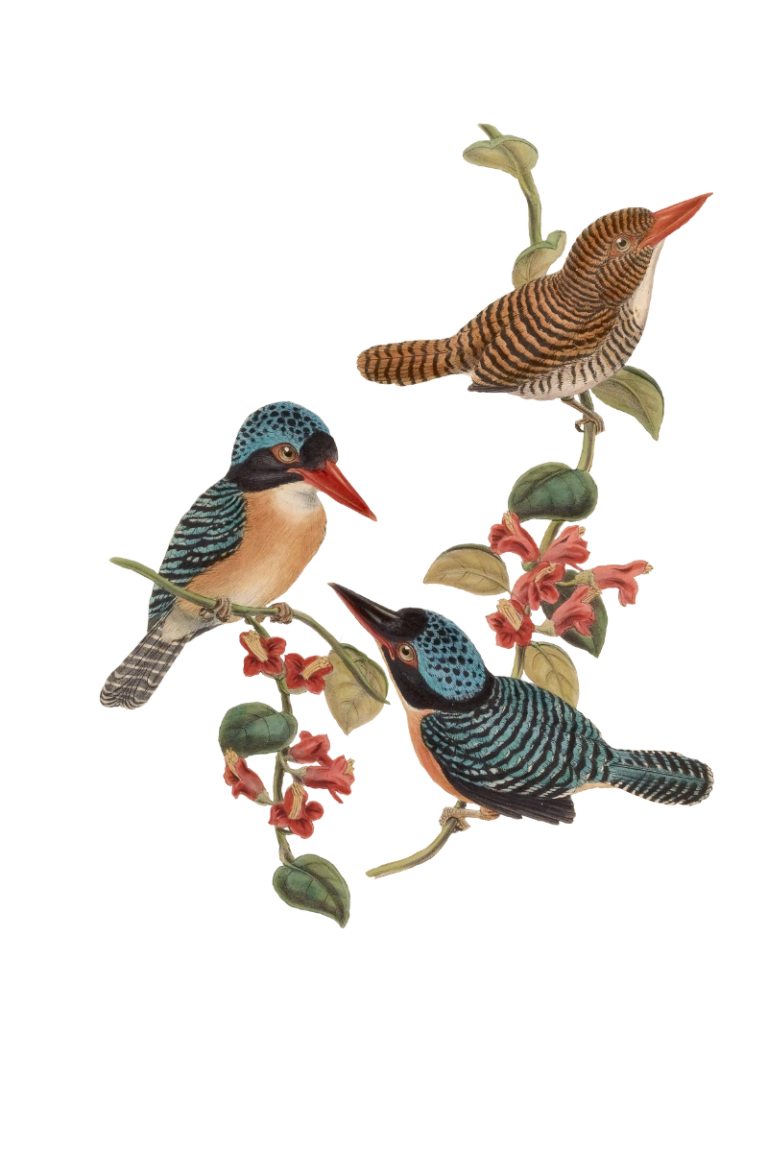Introduction to Bird Nutrition
It is important to understand that birds have unique dietary requirements that differ from other animals. A balanced diet for birds should consist of a variety of foods that provide them with the necessary nutrients to maintain good health. Without proper nutrition, birds can suffer from a range of health problems, including weakened immune systems, stunted growth, and even death. Therefore, it is crucial to ensure that birds receive a balanced diet that meets their specific nutritional needs. The top five nutrients that birds require in their diet are protein, carbohydrates, fats, vitamins, and minerals. Protein is essential for muscle development and repair, and it can be found in foods such as seeds, nuts, and insects. Carbohydrates provide birds with energy and can be found in fruits, vegetables, and grains. Fats are important for maintaining healthy feathers and skin, and they can be found in nuts, seeds, and fatty fish. Vitamins are essential for maintaining good health and preventing disease. Birds require a range of vitamins, including vitamin A for good vision and vitamin D for strong bones. Minerals such as calcium and iron are also important for maintaining good health. In conclusion, providing birds with a balanced diet that includes the right combination of nutrients is crucial for their growth, development, and overall health. By understanding the specific dietary requirements of birds and ensuring that they receive a balanced diet, we can help them thrive and live healthy lives.
The Importance of a Balanced Diet for Birds
A balanced diet is essential for the health and well-being of birds, just as it is for humans. Birds need a variety of nutrients to support their bodily functions and maintain optimal health. A diet that lacks essential nutrients can lead to a range of health problems, including poor growth, weakened immune system, and reproductive issues. A balanced diet for birds should include a mix of proteins, carbohydrates, fats, vitamins, and minerals. Proteins are essential for building and repairing tissues, while carbohydrates provide energy. Fats are necessary for maintaining healthy skin and feathers, as well as providing energy. Vitamins and minerals are important for various bodily functions, including bone health, immune system function, and metabolism. Bird owners should aim to provide their feathered friends with a diverse range of foods to ensure they receive all the necessary nutrients. This can include a variety of fruits and vegetables, as well as seeds, nuts, and grains. It’s also important to avoid feeding birds foods that are high in fat or sugar, as these can lead to obesity and other health issues. Overall, providing a balanced diet is crucial for the health and happiness of birds. By ensuring they receive all the necessary nutrients, bird owners can help their feathered friends thrive and live long, healthy lives.
Top 5 Nutrients Your Bird Needs
1. Protein: Protein is essential for a bird’s growth, development, and overall health. It is necessary for the formation of feathers, muscles, and other tissues in the body. Birds require high-quality protein sources in their diet to meet their protein needs. Good sources of protein for birds include lean meats, eggs, legumes, and insects.
2. Carbohydrates: Carbohydrates are an important source of energy for birds. They provide the fuel needed for daily activities and help maintain proper bodily functions. Birds can obtain carbohydrates from sources such as grains, fruits, and vegetables.
3. Fats: Fats are an important part of a bird’s diet as they provide energy and help with the absorption of fat-soluble vitamins. However, it is important to provide birds with healthy fats and avoid unhealthy ones. Good sources of healthy fats for birds include nuts, seeds, and avocados.
4. Vitamins: Vitamins are essential for a bird’s overall health and well-being. They play a crucial role in various bodily functions, including metabolism, immune function, and reproduction. Birds can obtain vitamins from a variety of sources, including fruits, vegetables, and fortified bird pellets.
5. Minerals: Minerals are essential for the proper functioning of a bird’s body. They are involved in various processes, including bone formation, nerve function, and muscle contraction. Birds can obtain minerals from sources such as grit, cuttlebone, and mineral blocks.
Protein: Why It’s Essential for Your Bird’s Health
Protein is an essential nutrient for birds as it plays a crucial role in their growth, development, and overall health. It is necessary for the formation of feathers, muscles, and other tissues in the body. Protein also helps with the production of enzymes and hormones, which are important for various bodily functions.
Birds require high-quality protein sources in their diet to meet their protein needs. Good sources of protein for birds include lean meats such as chicken and turkey, eggs, legumes such as lentils and beans, and insects such as mealworms and crickets. It is important to provide a variety of protein sources to ensure that birds are getting all the essential amino acids they need.
Protein can be incorporated into a bird’s diet in various ways. For example, bird owners can offer cooked chicken or turkey as a treat or mix it with their regular bird food. Eggs can be boiled and mashed or offered as a scrambled treat. Legumes can be cooked and mixed with vegetables or added to bird pellets. Insects can be purchased freeze-dried or live and offered as a special treat.
Carbohydrates: Fueling Your Bird’s Energy Needs
Carbohydrates are an important source of energy for birds. They provide the fuel needed for daily activities and help maintain proper bodily functions. Carbohydrates are broken down into glucose, which is used by the body as a source of energy.
Birds can obtain carbohydrates from sources such as grains, fruits, and vegetables. Good sources of carbohydrates for birds include whole grains such as brown rice and quinoa, fruits such as apples and berries, and vegetables such as carrots and broccoli.
Carbohydrates can be incorporated into a bird’s diet in various ways. For example, bird owners can offer cooked grains as a side dish or mix them with their regular bird food. Fruits can be offered as a treat or mixed with vegetables to create a colorful and nutritious salad. Vegetables can be steamed or cooked and added to bird pellets or served as a side dish.
Fats: The Good and the Bad for Your Bird’s Health
Fats are an important part of a bird’s diet as they provide energy and help with the absorption of fat-soluble vitamins. However, it is important to provide birds with healthy fats and avoid unhealthy ones.
There are different types of fats, including saturated fats, unsaturated fats, and trans fats. Saturated fats are found in animal products such as meat and dairy and should be limited in a bird’s diet. Unsaturated fats, on the other hand, are considered healthy fats and can be found in foods such as nuts, seeds, and avocados. Trans fats are unhealthy fats that should be avoided altogether.
Bird owners can incorporate healthy fats into their bird’s diet by offering nuts and seeds as a treat or mixing them with their regular bird food. Avocado can be mashed and served as a spread or mixed with vegetables to create a nutritious salad.
Vitamins: Keeping Your Bird Healthy and Happy
Vitamins are essential for a bird’s overall health and well-being. They play a crucial role in various bodily functions, including metabolism, immune function, and reproduction. Birds require a variety of vitamins in their diet to meet their nutritional needs.
Birds can obtain vitamins from a variety of sources, including fruits, vegetables, and fortified bird pellets. Fruits such as oranges and berries are rich in vitamin C, which is important for immune function. Vegetables such as carrots and spinach are high in vitamin A, which is important for vision and skin health. Fortified bird pellets are specially formulated to provide a balanced mix of vitamins and minerals.
Bird owners can ensure that their feathered friends are getting all the vitamins they need by offering a variety of fruits and vegetables. It is important to provide a mix of different colors to ensure a wide range of vitamins. Fortified bird pellets can be offered as the main source of nutrition, with fruits and vegetables added as supplements.
Minerals: Essential Building Blocks for Your Bird’s Body
Minerals are essential for the proper functioning of a bird’s body. They are involved in various processes, including bone formation, nerve function, and muscle contraction. Birds require a variety of minerals in their diet to meet their nutritional needs.
Birds can obtain minerals from sources such as grit, cuttlebone, and mineral blocks. Grit is small particles of stone or shell that birds ingest to help with digestion. Cuttlebone is a hard, chalky substance that provides calcium for bone health. Mineral blocks are specially formulated to provide a balanced mix of minerals.
Bird owners can ensure that their feathered friends are getting all the minerals they need by offering grit, cuttlebone, and mineral blocks. It is important to provide these items in addition to a balanced diet to ensure that birds are getting all the essential minerals they need.
How to Incorporate Protein into Your Bird’s Diet
There are several ways to incorporate protein into a bird’s diet. Here are some tips:
1. Offer lean meats: Cooked chicken or turkey can be offered as a treat or mixed with regular bird food. Make sure to remove any bones and skin before feeding.
2. Provide eggs: Boil eggs and mash them or offer them as a scrambled treat. Eggs are a great source of protein and can be a nutritious addition to a bird’s diet.
3. Offer legumes: Cooked lentils, beans, and peas can be mixed with vegetables or added to bird pellets. Legumes are a good source of protein and can provide a variety of essential amino acids.
4. Offer insects: Freeze-dried or live insects such as mealworms and crickets can be offered as a special treat. Insects are a natural source of protein and can be a fun addition to a bird’s diet.
Sources of Carbohydrates for Your Bird’s Diet
There are several ways to add carbohydrates to a bird’s diet. Here are some tips:
1. Offer cooked grains: Cooked grains such as brown rice and quinoa can be offered as a side dish or mixed with regular bird food. Grains are a good source of carbohydrates and can provide energy for daily activities.
2. Provide fruits: Fruits such as apples, berries, and melons can be offered as a treat or mixed with vegetables to create a colorful and nutritious salad. Fruits are a natural source of carbohydrates and can provide essential vitamins and minerals.
3. Offer vegetables: Steamed or cooked vegetables such as carrots, broccoli, and peas can be added to bird pellets or served as a side dish. Vegetables are a good source of carbohydrates and can provide essential nutrients.
4. Provide whole grains: Whole grains such as millet and oats can be offered as a treat or mixed with regular bird food. Whole grains are a good source of carbohydrates and can provide fiber for digestive health.
The Best Fats for Your Bird’s Health
There are several ways to add healthy fats to a bird’s diet. Here are some tips:
1. Offer nuts and seeds: Nuts and seeds such as almonds, walnuts, and sunflower seeds can be offered as a treat or mixed with regular bird food. They are a good source of healthy fats and can provide essential nutrients.
2. Provide avocados: Avocado can be mashed and served as a spread or mixed with vegetables to create a nutritious salad. Avocados are a good source of healthy fats and can provide essential vitamins and minerals.
3. Offer flaxseed: Ground flaxseed can be sprinkled on top of regular bird food or mixed with water to create a gel-like consistency. Flaxseed is a good source of omega-3 fatty acids, which are important for heart health.
4. Provide coconut: Coconut can be offered as a treat or mixed with regular bird food. It is a good source of healthy fats and can provide essential nutrients.
Tips for Ensuring Your Bird Gets All the Nutrients They Need
To ensure that your bird gets all the nutrients they need, here are some suggestions:
1. Offer a variety of foods: Birds, like humans, benefit from a varied diet. By offering a variety of foods, you can ensure that your bird is getting all the essential nutrients they need.
2. Rotate foods: Rotate the types of foods you offer to provide a mix of nutrients. This will also help prevent boredom and encourage your bird to eat a wider range of foods.
3. Provide fresh foods: Fresh fruits and vegetables are more nutritious than processed ones. Make sure to offer fresh foods regularly to ensure that your bird is getting the maximum nutritional benefit.
4. Offer fortified bird pellets: Fortified bird pellets are specially formulated to provide a balanced mix of nutrients. They can be offered as the main source of nutrition, with fresh foods added as supplements.
5. Consult a veterinarian: If you have any concerns about your bird’s diet or nutritional needs, it is always best to consult a veterinarian who specializes in avian medicine. They can provide guidance and recommend specific dietary changes if necessary.
Conclusion
Birds, like any other living creature, require proper nutrition to maintain their health and well-being. A balanced diet that includes the right combination of nutrients is crucial for their growth, development, and overall health. Without proper nutrition, birds can suffer from a range of health problems, including weakened immune systems, stunted growth, and even death. To ensure that birds are getting all the nutrients they need to thrive, it is important to provide them with a variety of protein, carbohydrates, fats, vitamins, and minerals. Protein is essential for building and repairing tissues in the body, while carbohydrates provide energy. Fats are important for maintaining healthy skin and feathers, as well as providing energy. Vitamins and minerals are necessary for a wide range of bodily functions, including bone growth, immune system function, and metabolism. When it comes to incorporating these nutrients into a bird’s diet, there are many options available. For protein, bird owners can offer foods such as cooked eggs, cooked chicken or turkey, or insects such as mealworms or crickets. Carbohydrates can be provided through fruits such as apples or bananas, while fats can be found in nuts or seeds such as sunflower seeds or almonds. Vitamins and minerals can be obtained through a variety of fresh fruits and vegetables. In conclusion, providing birds with a balanced diet that includes the right combination of nutrients is crucial for their health and well-being. By offering a variety of protein, carbohydrates, fats, vitamins, and minerals through different food sources, bird owners can ensure that their feathered friends are getting all the nutrients they need to thrive.
By following these guidelines and providing a varied and nutritious diet, bird owners can help ensure that their feathered friends live long, healthy, and happy lives.




